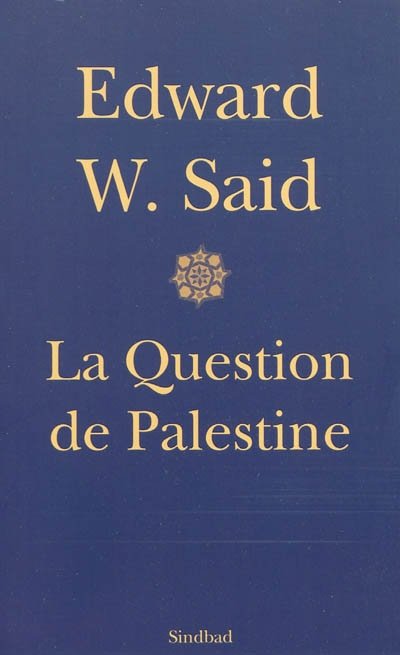


Said, however, evidently came to feel that “theory” was “dangerous” to students, and derided the “jaw-shattering jargonistic postmodernisms” of scholars like Jacques Derrida, whom he considered “a dandy fooling around.” Toward the end of his life, the alleged professor of terror collaborated with the conductor Daniel Barenboim to set up an orchestra of Arab and Israeli musicians, angering many Palestinians, including members of Said’s family, who supported a campaign of boycott and sanctions against Israel. “Orientalism” proved to be perhaps the most influential scholarly book of the late twentieth century its arguments helped expand the fields of anti-colonial and post-colonial studies. In “Orientalism,” published two decades into a conventional academic career, Said unexpectedly described himself as an “Oriental subject” and implicated almost the entire Western canon, from Dante to Marx, in the systematic degradation of the Orient. Sent as a teen-ager to an American boarding school, Said found the experience “shattering and disorienting.” Trained at Princeton and Harvard as a literary scholar in a Euro-American humanist tradition, he became an enthusiast of French theory, a partisan of Michel Foucault. Said always loathed his name, especially when shortened to Ed. The family was Episcopalian and wealthy, and his father, who had spent years in America and prided himself on having light skin, named him after the Prince of Wales. Multiple and clashing selves were Said’s inheritance from the moment of his birth, in 1935, in West Jerusalem, where a midwife chanted over him in both Arabic and Hebrew. In “ Orientalism” (1978), the book that made him famous, he set out to answer the question of, as he wrote in the introduction, “what one really is.” The question was pressing for a man who was, simultaneously, a literary theorist, a classical pianist, a music critic, arguably New York’s most famous public intellectual after Hannah Arendt and Susan Sontag, and America’s most prominent advocate for Palestinian rights.

Naipaul willfully mispronounced “Said” to rhyme with “head,” and asserted that he was “an Egyptian who got lost in the world.” Said, an Arab Christian who was frequently taken to be Muslim, recognized the great risks of being misidentified and misunderstood. “Eduardo Said” was how he was referred to in the F.B.I.’s two-hundred-and-thirty-eight-page file on him-perhaps on the assumption that a terrorist was likely to have a Latin name. Inside, an article described Edward Said, then a professor of English and comparative literature at Columbia University, as a mouthpiece for Palestinian terrorists and a confidant of Yasir Arafat. “Professor of Terror” was the headline on the cover of the August, 1989, issue of Commentary.


 0 kommentar(er)
0 kommentar(er)
